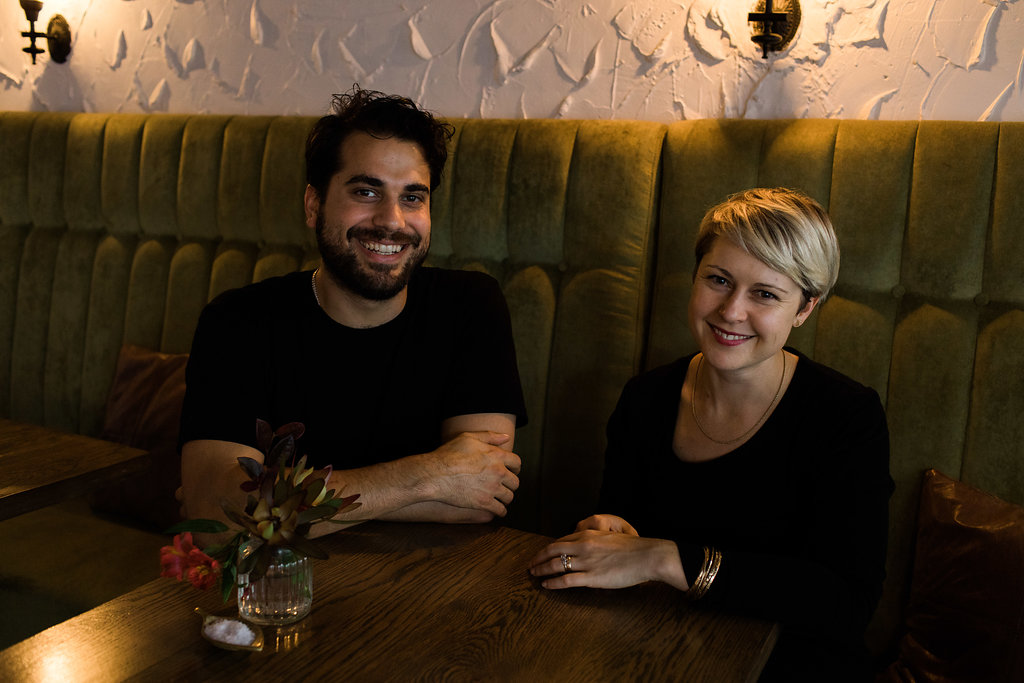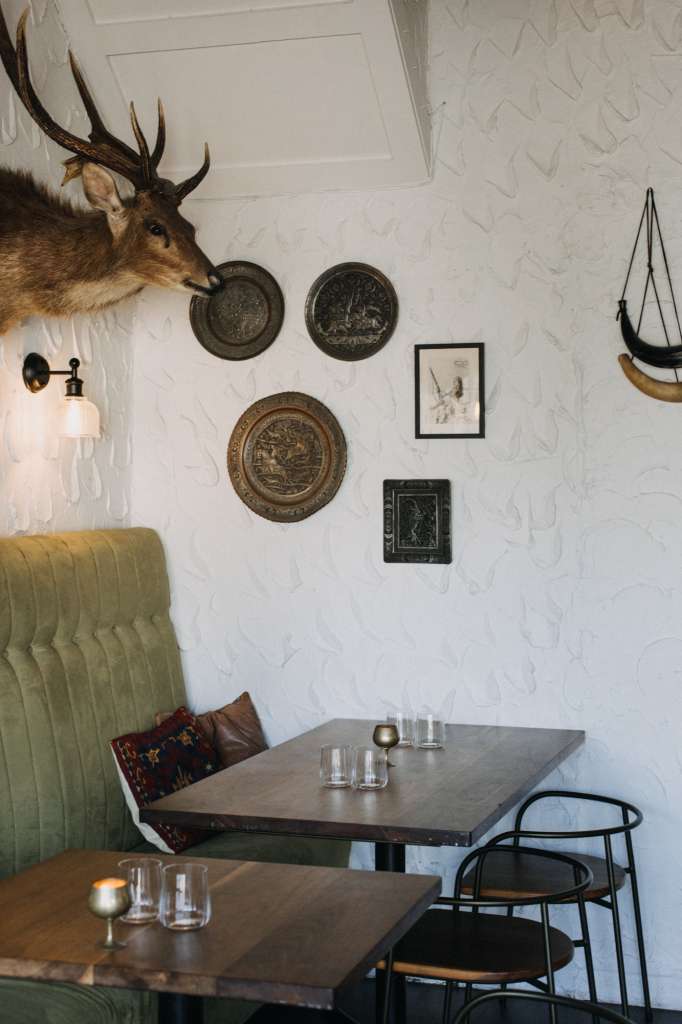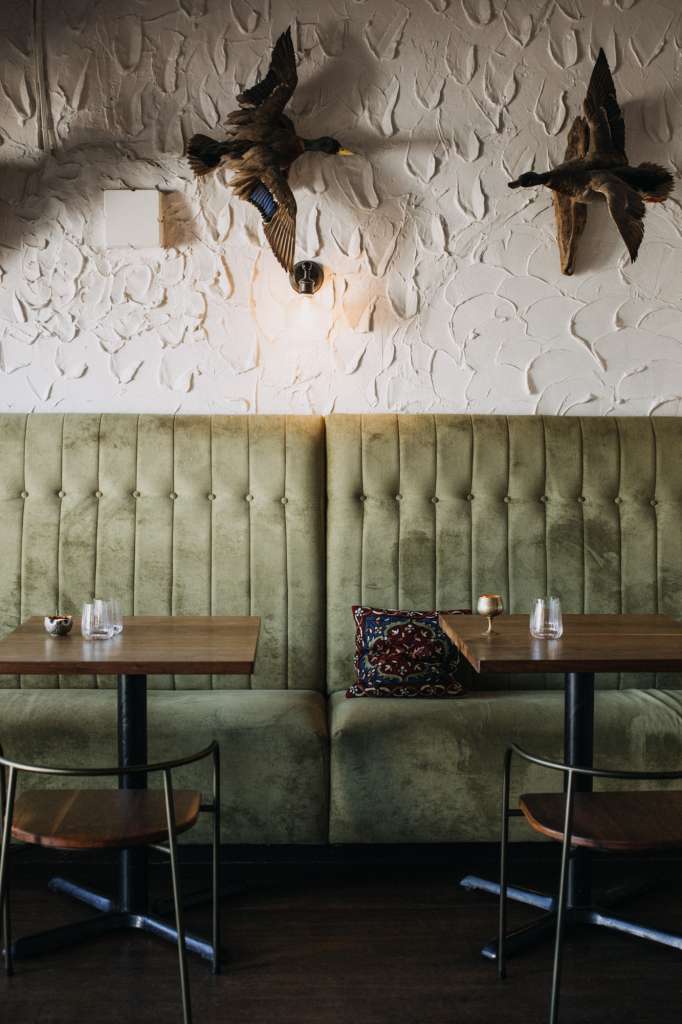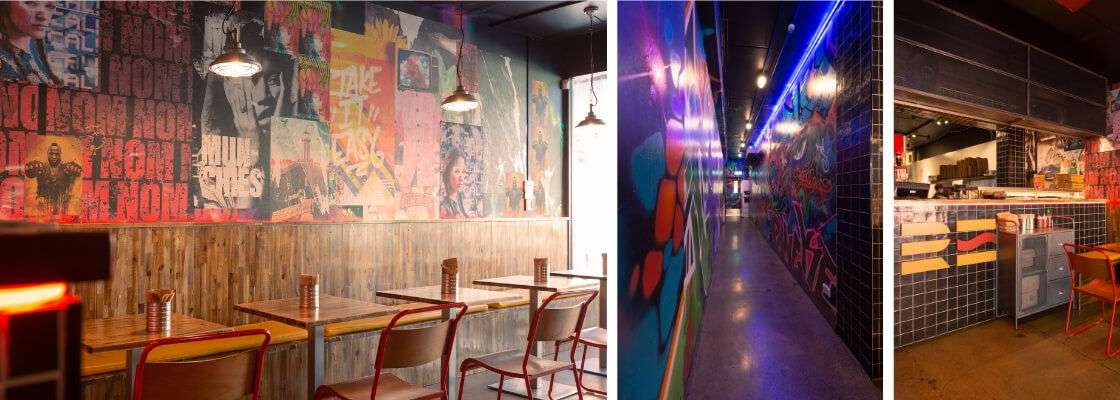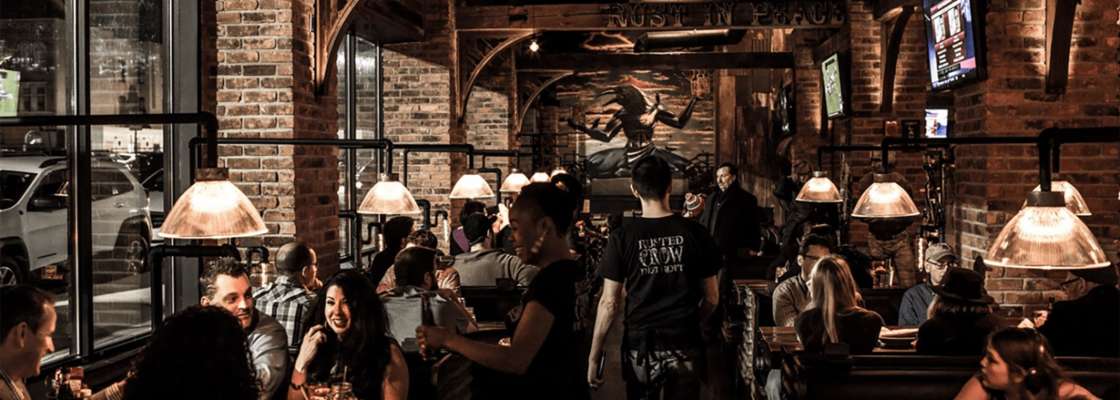October 2025
Tēnā koe,
Restaurant Association of New Zealand submission on the Retail Payment System (Ban on Merchant Surcharges) Amendment Bill
The Restaurant Association of New Zealand (the Restaurant Association) welcomes the opportunity to provide feedback on the Retail Payment System (Ban on Merchant Surcharges) Amendment Bill.
Since 1972, the Restaurant Association has worked to offer advice, help and assistance in every facet of the vibrant and diverse hospitality industry, covering the length and breadth of the country. We’re passionate about our vibrant industry, which is full of interesting, talented and entrepreneurial people.
The Restaurant Association does not support the Retail Payment System (Ban on Merchant Surcharges) Amendment Bill. While we support the intent of making payments clearer and more affordable for consumers, we submit this bill will not achieve these goals without first addressing the underlying fees charged to merchants to accept payments.
Commerce Commission interchange fee regulation
The Restaurant Association has been deeply engaged with the Commerce Commission’s work on interchange fee regulation. Throughout this engagement, we have stressed the importance of taking a holistic approach to reform — highlighting the need to address high, unpredictable fees charged by payment providers before businesses can lower or remove surcharges.
While the Commerce Commission has taken action to reduce interchange fees, this does not take effect until 1 December 2025 and only sets a cap on interchange fees — it does not remove these costs entirely. While the benefits of a cap on interchange fees for merchants are intended to be passed on through a reduced overall merchant service fee, the interchange fee is only a portion of the amount charged to merchants. The full merchant service fee is not being capped — only the interchange fee portion of the merchant service fee, meaning businesses are still left with large fees that they will not be able to recuperate through surcharges if this bill is passed into law.
Further work is needed to ensure payment providers do not simply increase other fees paid by retailers to cover any shortfall in their income. As it stands, the ban on surcharges leaves businesses with three options: a blanket increase to the baseline price of their products, impacting all customers and removing the consumer’s ability to choose a payment method that does not incur a surcharge; restrict the use of certain payment methods, potentially limiting their customer base; or absorb these fees as a cost of doing business, eating into already slim profit margins (an average of four percent across the hospitality industry).
Cost to hospitality businesses
The Restaurant Association has actively engaged with the Government to outline the pressures hospitality businesses face with fees imposed by payment providers. Our members were clear throughout consultation on changes to the retail payment system that if there was a way they could remove surcharging for certain card payments without having to absorb the costs themselves, they would do so.
The cost of the current retail payment system varies widely for our members. While the average cost of merchant service fees per annum is between $10,000 and $20,000, some of our members are paying more than $90,000. Under the current system, 83 percent of those who responded to our member survey indicated they have a surcharge in place on their POS.
When asked if they would need to increase their prices if the surcharge ban comes into effect, 78 percent said they would need to. We have included commentary from our members below to showcase why members would need to increase their prices:
“With the slim margins on offer in hospitality at the moment, we will have no choice but to up our prices to cover the fees. Although it is a small percentage of our revenue, we have had to absorb so many costs that we are left with no choice but to pass on this one. I feel like many will do the same and this unfairly penalises customers who pay using cash or EFTPOS. I think legislation targeting the actual beneficiaries of surcharges (i.e. the merchants) is a much fairer and meaningful solution.”
“We absorbed merchant fees for the first 2.5 years, then introduced a 1.5% charge. It helps but does not cover the cost of corporate or international cards, but also does not unduly punish locals. This new ban law is unfair, it puts the burden on us, the ones working so hard to deliver value — we have just heard from our bank BNZ merchant services, as to what our new fees will be, with no room to comment on how they are fairly or unfairly responding following the Commerce Commission’s interchange announcement.”
“We are currently maxed out at what we can charge customers and don’t feel we would be able to remain competitive if we were forced to increase our prices further.”
Hospitality businesses already experience small profit margins, with increasing costs of utilities and food. If the surcharge ban is implemented, they will have to decide whether to absorb the costs associated with merchant service fees or increase their prices, which could decrease their customer base and profit margins even further.
Assistance for businesses
If the bill is passed, the Restaurant Association submits that further assistance for businesses should be implemented to reduce their burden and costs. This could be achieved through further reducing interchange fees, capping fees across the retail payment system, conducting centralised negotiations with payment system providers, and market monitoring.
The most impactful assistance for businesses would be to further reduce or ban interchange fees charged to merchants to align with the surcharge ban. Another option would be to set caps for the fees charged to businesses across the merchant services and payment systems framework to ensure interchange fee reductions are not offset by fee increases elsewhere.
The Government could also conduct centralised negotiations with payment system providers to set maximum fees and encourage competition between payment providers. We would also recommend that as open-banking solutions are developed (e.g. BNZ’s Payap), direct updates should be provided to industry on options that allow them to bypass the cost of accepting payments.
Confirming types of payments banned
We would like to see greater clarity around the types of payments covered under this bill explicitly mentioned in legislation. For example, many hospitality businesses use QR code systems which are an entirely contactless transaction method in which consumers order and pay from their table, with the transaction fully online. It is unclear if this payment method would be covered by the bill, given the customer is physically present at a restaurant or cafe, but places their order entirely online.
We also recommend clarifying that the ban on surcharging is only meant for surcharges related to payments. While we have had written confirmation from the Minister that public holiday surcharges will not be covered by this Bill, this should be made explicit in legislation.
Promoting understanding of our payments system
The Restaurant Association submits that more education is needed for consumers and the general public to understand our retail payment system and why surcharging has existed.
To date, it has been our business who have had to constantly explain that the fees they are charged by payment providers are the reason surcharges exist. While often uncomfortable conversations, they also lead to giving customers a choice between using a payment method that incurs a surcharge, or those that do not.
Merchant fees will still exist for businesses and the decision to ban surcharges removes the awareness of consumers about if they are contributing to increasing costs for businesses. The below comments from our members highlight this issue.
“This is yet another ‘hidden’ cost to the business which customers don’t see. There is no way around this expense, it has to be absorbed into the operation. If restaurants actually itemised a customer bill like tradies and contractors do, I think it would be eye opening for quite a few people to see what they are being charged for.”
“Currently it is a user pays system which makes the most sense. Even charging a surcharge doesn’t cover all of merchant fees, especially if you have a higher number of international tourists who usually pay by credit card which we pay a higher percentage for on merchant fees, well above the ‘recommended benchmark’ surcharges implied regularly in media by consumer watchdog, etc.”
We submit that there needs to be a single source of truth that both merchants and consumers can rely on. The Government itself has said surcharging “demonstrates how confusing the surcharging system is, not just for customers but for businesses too.” It is crucial that the agencies receive adequate funding to undertake a broad-based education campaign for both merchants and consumers to reduce the burden small businesses are currently carrying.
Implementation Period
The Restaurant Association does not support the one-month implementation period for the ban on merchant surcharges. As stated above, the reduced costs of the Commerce Commission’s interchange fee reductions for merchants are unlikely to manifest in full by the time the ban is in place.
Our recommendation is that the Government would have been better off to wait for the reduced interchange fee decision to take effect and gather domestic, real time evidence to determine if there was still a need to regulate surcharges — and if so, in what form such regulation would take. The below comment from one of our members explains this thinking.
“As a small hospitality operator, I strongly urge the Committee not to rush into a blanket ban on in-store card surcharges. The Commerce Commission’s interchange caps (phased in December 2025/May 2026) address the root cause of high merchant fees and should be implemented and independently measured for pass-through before any prohibition. In the meantime, require acquirers to publish merchant fee components, fund a short-term SME transition package, and allow audited, cost-reflective pass-throughs during the transition. A rushed ban risks higher menu prices, business failures and job losses in an already fragile sector — please pilot and measure outcomes first.”
We are also concerned that the Commerce Commission, working alongside industry bodies like ourselves, will have limited time to provide adequate education and guidance to both businesses and consumers in this timeframe. The Restaurant Association is able to communicate directly with many hospitality businesses to support the distribution of updates, assistance and resources, however, we will need time to create marketing campaigns for both industry and consumers to promote understanding of the new system.
Merchants will also need time to update their POS systems to remove any surcharge rules. For hospitality businesses, this may also include actions such as updating receipt templates and signage; reviewing split bills, bar tabs, and tips and finalising flows so no fee is added automatically. Many merchants, especially small businesses, will be relying heavily on terminal providers to conduct software updates and testing before they can make any of these changes.
Relating to the above issue, we submit there must be a blanket ban on payment providers being able to charge merchants for switching off the surcharging on their payment machines. If there is a legal obligation on merchants to remove surcharges, it would be completely unreasonable for businesses to face yet another cost to remove these surcharges from payment machines.
Thank you for the opportunity to provide feedback on the Retail Payment System (Ban on Merchant Surcharges) Amendment Bill. We would be happy to discuss any part of this submission in more detail, and to provide any assistance that you may require.
Ngā mihi nui,
Marisa Bidois
Chief Executive
Restaurant Association of New Zealand
Read the content of the Retail Payment System (Ban on Merchant Surcharges) Amendment Bill here.
View the Restaurant Association member survey on proposed merchant surcharge ban.
More submissions by the Restaurant Association can be accessed here.
